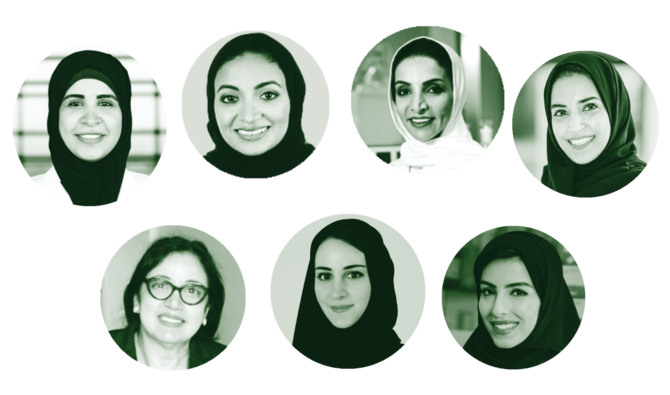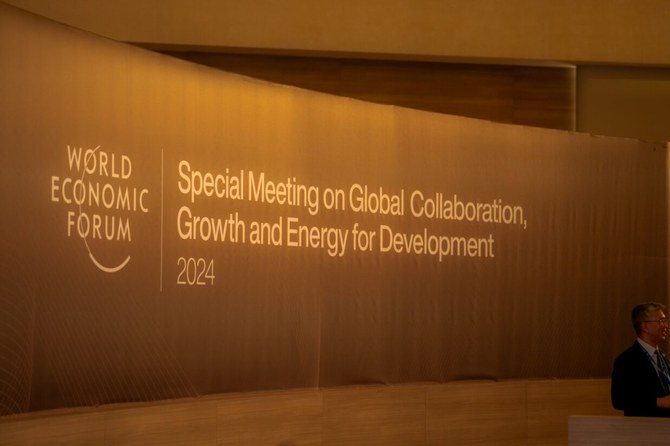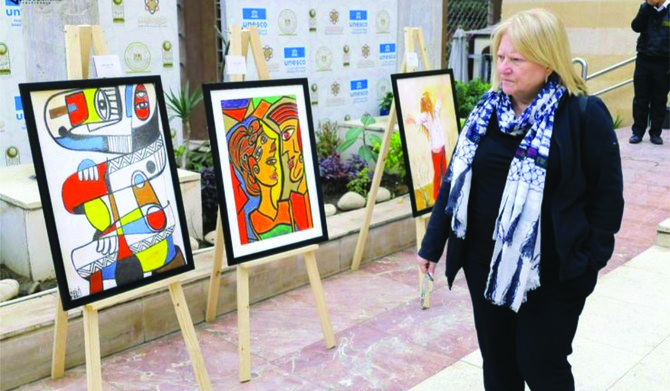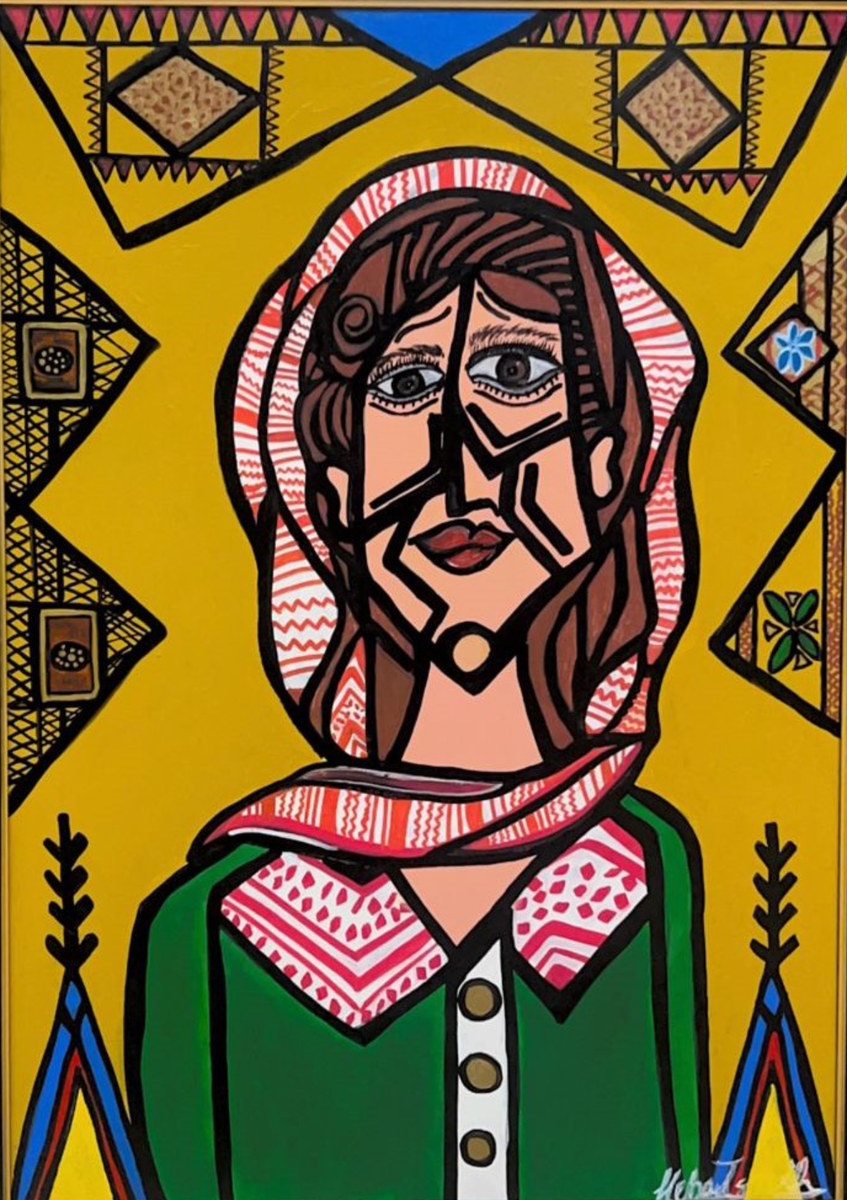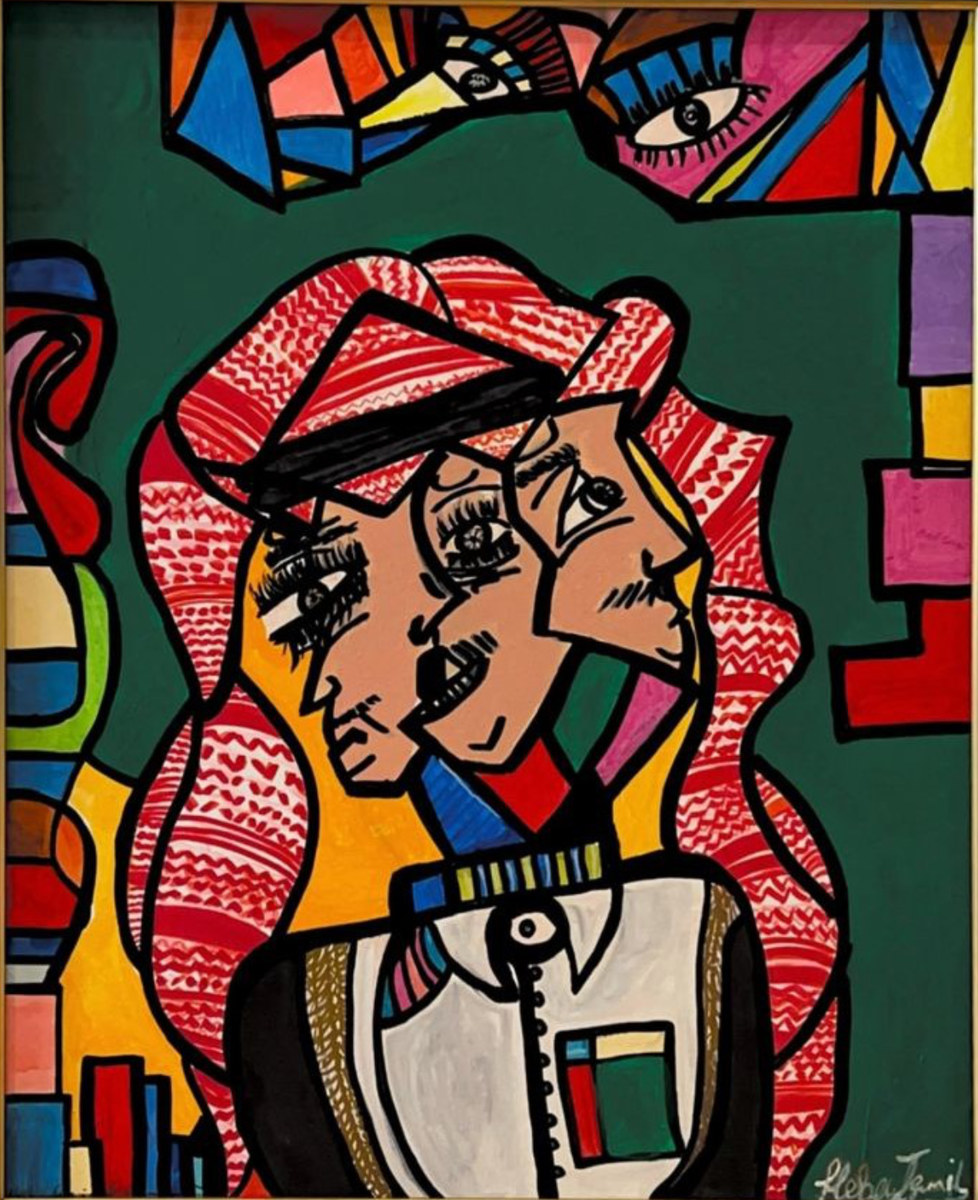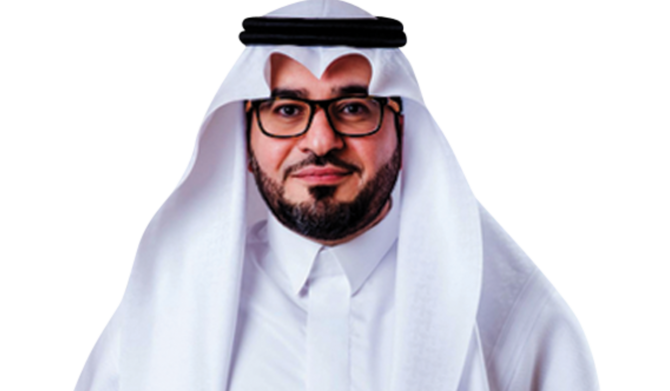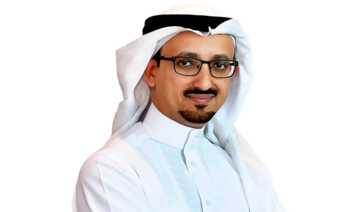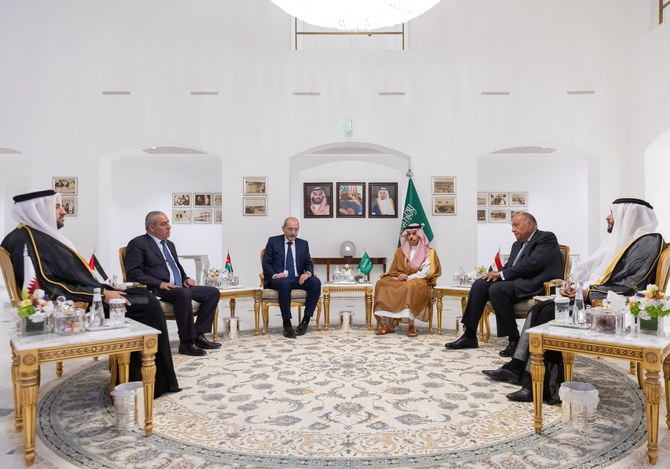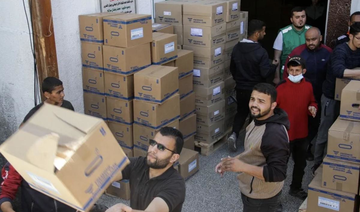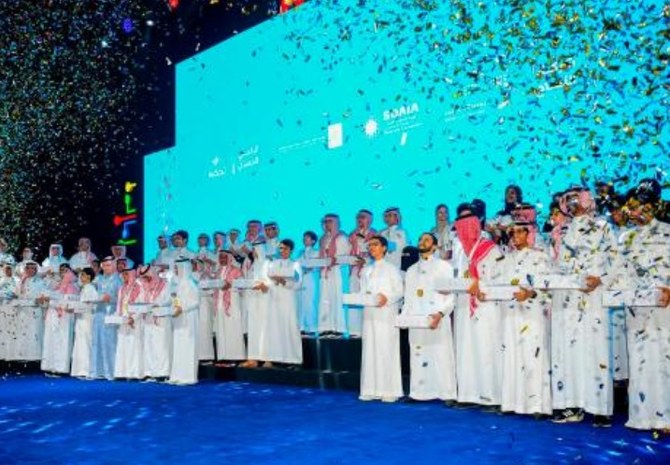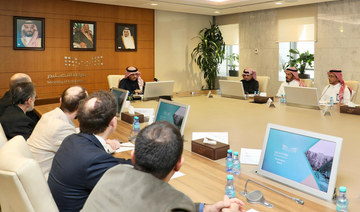JEDDAH: Just 30 percent of women worldwide work in science, but Saudis are challenging this long-standing trend.
Women represent 58 percent of university students in Saudi Arabia, with many studying in science, technology and engineering and furthering their careers with studies overseas.
In a report by the Saudi Education Ministry, women outnumbered men in graduating with a bachelor’s in biology, information technology, mathematics, statistics, and physics.
Universities and research centers have adopted measures to support the inclusion of female scientists.
Ambitious, driven and facing challenges along the way to their success, here are the Saudi women scientists who have made a mark in the field for their extraordinary work.
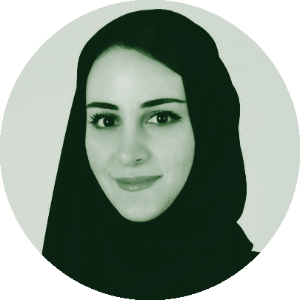 Suha Kayum
Suha Kayum
Research engineer
With a career spanning 10 years, Kayum — a research engineer with Saudi Aramco’s EXPEC Advanced Research Center — was tasked with accelerating the evolution of software algorithms to enhance Aramco’s reservoir simulator, which helped the company cut costs.
Kayum was a developer for the company’s in-house basin and seismic simulators. In 2016, she designed and received a patent for an algorithm that enabled the first 1-billion cell basin simulation run.
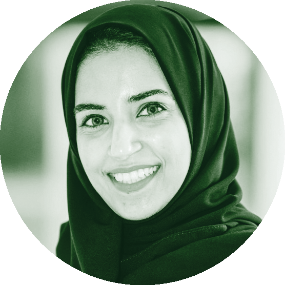 Dr. Elaf Ahmed
Dr. Elaf Ahmed
Lab scientist
With a keen research interest in nano-organisms, Ahmed’s main focus while conducting postdoctoral work at King Abdullah University for Science and Technology was synthesis of environmental nano materials using electrochemically active biofilms.
She later joined the company’s Oil and Gas Treatment Division at Aramco’s Research and Development Center.
Her main focus at the division is to conduct research projects for water treatment technologies and find new ways to treat water found in oil and gas reservoirs.
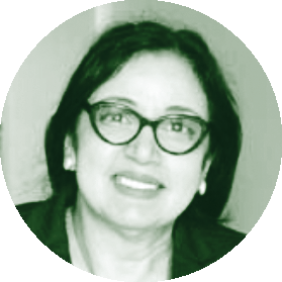
Dr. Ilham Abuljadayel
Immunologist
In what could be one of the most profound achievements by a Saudi scientist, Dr. Ilham discovered the process of retrodifferentiation, a method also known as retrograde differentiation that treats blood diseases.
A common process for the maintenance of cell integrity against damaging agents, Dr. Ilham applied her findings in the first preclinical study in 2000 in collaboration with George Washington Medical Center, US, in two animal models of human diseases to study the utility of retrodifferentiated stem cells.
Her research has helped treat 390 patients with diseases ranging from sickle cell anaemia, multiple sclerosis, thalassaemia, and hepatitis C among others.
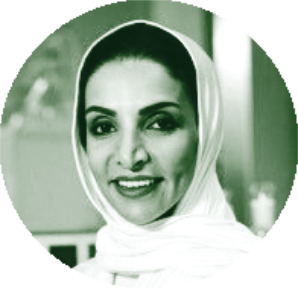 Dr. Abeer Al-Olayan
Dr. Abeer Al-Olayan
Petroleum scientist
With an academic and industrial background in various fields of chemistry spanning over 20 years, Dr. Abeer is a research scientist at Saudi Aramco’s EXPEC Advanced Research Center and is responsible for leading its chemicals development initiative.
As a fellow at MIT, she submitted a fellowship research abstract that focuses on reducing dependency on food-based chemicals to tackle drilling and subsurface challenges. She has 10 registered patents with the US Patent Office for the development of methods, materials and compositions in drilling and fluid transfer.
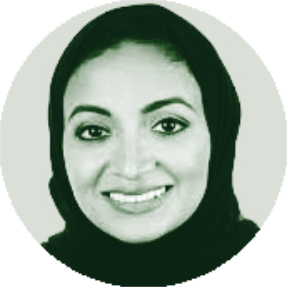
Dr. Malak Abed Althagafi
Physician-scientist
Diagnosed with a rare genetic disease at a young age, Althagafi got a first glimpse of what her future could be during her treatment. Her educational path started with the study of genetic diseases in children and led to molecular pathology before she focused on surgical oncology, molecular genetics and neuropathology.
Dr. Malak is one of the few American board-certified molecular neuropathologists in the world and has conducted research that focuses on decoding genetic mutations in tumors, specifically brain tumors in children.
She became part of the Saudi Human Genome Program in 2014. Her clinical and research interests are mainly in surgical oncology, pathology, molecular genetics pathology and neuropathology, especially its application for treating brain cancers.
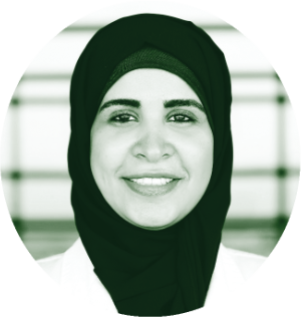
Dr. Hind Al-Johani
Scientist of physical chemistry
Her research interest is in nano-catalysis. In 2017, this Saudi scientist discovered that by using the simple molecule of citrate ions (from citric acid) you could stabilize and control the structure of gold nanoparticles.
Using this new discovery, the findings showed that gold can carry drugs through the body without chemical side effects. Attaching antibodies can guide the nanoparticles to specific cells that need treatment. Her findings have had an impact on environmental chemistry where it may also be used for water purification or methods for capturing CO2 emissions.
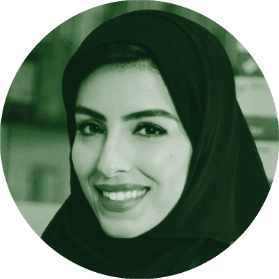 Dr. Nouf Al-Numair
Dr. Nouf Al-Numair
Molecular bioinformatics scientist
Dubbed the DNA decoder, her research focuses on predicting the early emergence of diseases through genetic mutations.
She has achieved this by merging molecular genetics and computer programming to predict the effects of mutations and provide patients with a personalized medical approach to treatment.
Using more than seven programming languages to analyze human genes, she has successfully published a number of papers with the findings.
Dr. Nouf pursued her career in STEM and is the first Saudi scientist to major in molecular genetics and programming biological information.



